What is PCOS?
Polycystic ovary syndrome (PCOS) is a very common endocrine condition in reproductive-aged women. It affects approximately 5-10% of young women and often leads to difficulty conceiving. PCOS is a “syndrome”, which means a diagnosis requires only two of the following three criteria to be met: elevated male sex hormones (which can cause excess hair growth, acne, and baldness), irregular or absent periods, and/or at least 12 follicular cysts on one or both ovaries.
The definitive cause of PCOS is unknown, but researchers have found a strong link to insulin resistance, in which the muscle, fat, and liver cells do not respond properly to insulin. Cells can’t easily absorb glucose in the bloodstream, so the body produces higher levels of insulin to help glucose enter the cells. That excess insulin stimulates the ovary to make testosterone, which can interfere with testosterone.
Lifestyle changes have a big impact on PCOS
In one study, insulin resistance was found in 95% of overweight women with PCOS and 75% of lean women with PCOS. Perhaps relatedly, women with PCOS have a more than 50% risk of getting Type 2 diabetes or pre-diabetes before age 40.
Diet and exercise is the first line of intervention for overweight women with PCOS. Research shows that a 5-7% reduction of body weight over a six month period can lower insulin and androgen levels to the point of restoring ovulation and fertility in more than 75% of patients. Even for women who are not overweight, exercise and a healthy diet that minimizes blood sugar spikes is a good idea.
Women I have worked with have found success with different types of diets, including intermittent fasting, a low glycemic diet, and popular diets such as the Whole 30 Diet. I’m always happy to talk about diet in greater detail at an appointment. If you have an exercise routine you already follow, fantastic. If you are just getting started and could use some tips, please ask. Remember one of the easiest and best things you can do is walk for 30 minutes a day. If you need to, break it up into smaller 10-minute chunks. For some inspiration, check out this video from public health expert Dr. Mike Evans.
Should I take Metformin?
The decision on whether to start a medication is of course a personal one best made in consultation with your provider. However, I do want to point out that Metformin can be helpful for women with PCOS. Many doctors prescribe it to help regulate the amount of glucose in the blood. The medication is traditionally used to treat Type 2 diabetes by making the body more sensitive to insulin and decreasing the amount of glucose the liver releases. Research indicates that when metformin is combined with lifestyle modifications such as diet and exercise, it has been shown to help women with PCOS lose more body fat, achieve lower blood sugar, and improve menstruation better than lifestyle modification alone. However, it’s important to remember that Metformin is not an effective substitute for lifestyle modifications.
Can acupuncture help with PCOS?
If you’ve read my handout on acupuncture and fertility, you may remember that researchers have demonstrated that electro-acupuncture on women with PCOS and irregular periods can result in improved menstrual frequency and significant changes in serum testosterone levels. This takes time—a minimum of three months of weekly treatments. The women I work with who incorporate lifestyle changes make the fastest progress. If there are things that are holding you back from making those changes (low mood, lack of energy, pain) we can address that with acupuncture as well.
Questions?
I’m here to help. Feel free to give me a call at 920.574.0447 or send me an email at leah@wholefamilyacupuncture.com
